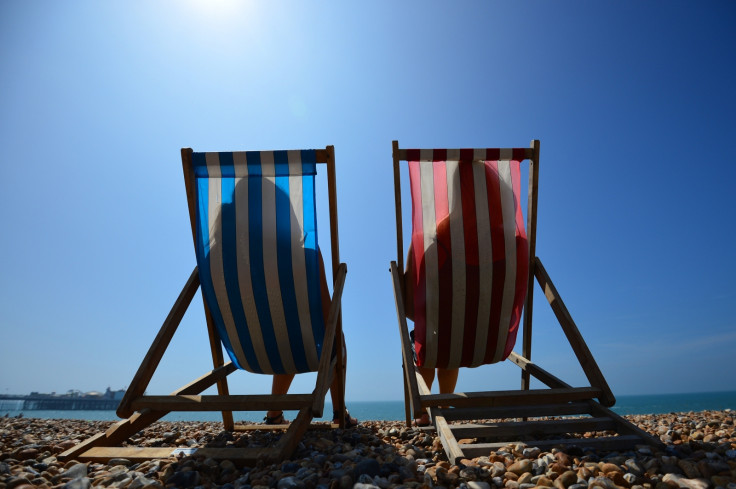Heatwave: What is the difference between dehydration, heatstroke and heat exhaustion?
Health warnings have been issued ahead a spell of unusually hot weather in Britain.

Health warnings have been issued ahead of a heatwave in the UK, with Britain expecting to see its hottest September day on Tuesday (September 13) in more than 50 years.
Temperatures in the east of England, the South East and the Midlands are expected to reach above 30C during the day and remain high during the night.
The Met Office has issued a level 2 heatwave alert, warning the "hot and humid" conditions will last until Thursday.
"Heatwaves can be dangerous, especially for the very young or very old or those with chronic disease," it warns.
But why can a heatwave pose a potential danger?
The main risks associated with heatwaves are dehydration, heatstroke and heat exhaustion.
Dehydration occurs when the body loses more fluid than you can take in, altering the balance of salts and sugar in the body, preventing it from functioning normally.
If you feel thirsty, tired, lightheaded or have a headache, you could be dehydrated. You can also tell if you are dehydrated if your urine is darker, or if you are urinating less than usual. To prevent dehydration, drink plenty of water in hot weather. If necessary, you can use rehydration sachets.
NHS England advises to see your doctor if symptoms continue — as severe dehydration can cause seizures and even death, in extreme cases.
Heat exhaustion is a risk when the body gets too hot and starts to lose water or salt. Symptoms may include a fast pulse and excessive sweating, as well as low blood pressure, sickness and feeling weak.
Heatstroke occurs when the body is unable to cool down if your temperature is too high, which puts pressure on organs and affects the way they function. It can happen if you are in direct sunlight for too long and although it is less common than heat exhaustion, it is more serious. Heat exhaustion can lead to heatstroke if it goes untreated.
If someone has heat exhaustion, the NHS advises the following:
- Make sure they are in a cool place with shade
- Remove unnecessary clothing so the skin can cool off
- Use wet towels to cool the skin and fan it
- Make sure patient drinks water
If there is no improvement, or they deteriorate, seek help.
"Severe heat exhaustion or heatstroke requires hospital treatment," the NHS adds. "You should call 999 for an ambulance if: the person doesn't respond to the above treatment within 30 minutes, or the person has severe symptoms, such as a loss of consciousness, confusion or seizures."
© Copyright IBTimes 2025. All rights reserved.





















